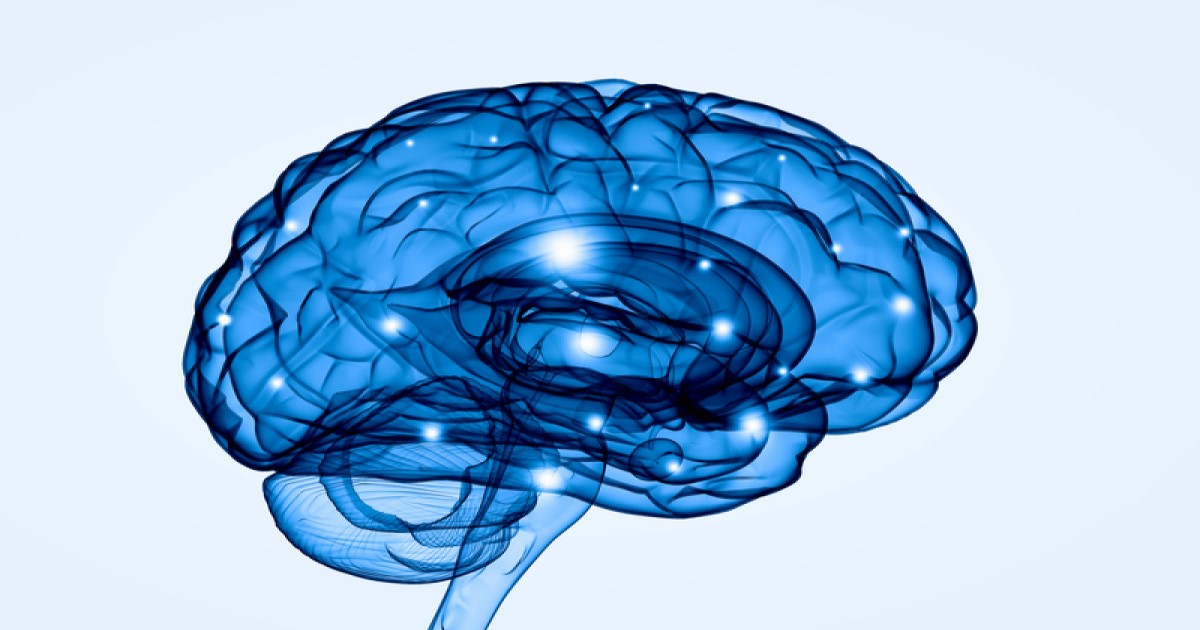Why It Is Essential To Know CPR
CPR Prevents Brain Death

Brain death is the eventual precursor to death itself and is impossible to recover from. If oxygen flow to the brain is consistently shut off for six minutes, it will die.
However, even if during CPR, it seems the worst is happening, and the patient's heart does not begin to beat on its own, there is good being done. Continued blood flow to the brain is vital to keep it alive, and CPR does not only aim to restart the heart: it also, artificially, keeps it pumping. This artificial circulation pushes oxygenated blood through the brain, keeping it alive and maintaining a chance of recovery that could be lost forever without it.
The goal of cardiopulmonary resuscitation is to save a life, but that doesn't mean the work needs to be done by the time your role administering CPR is over. Sometimes, CPR is crucial in extending the patient's life until the ambulance arrives, and that act alone, whether it takes seven minutes or half an hour, can be life-saving.
Continue for the next reason it's important to know how to perform cardiopulmonary resuscitation.